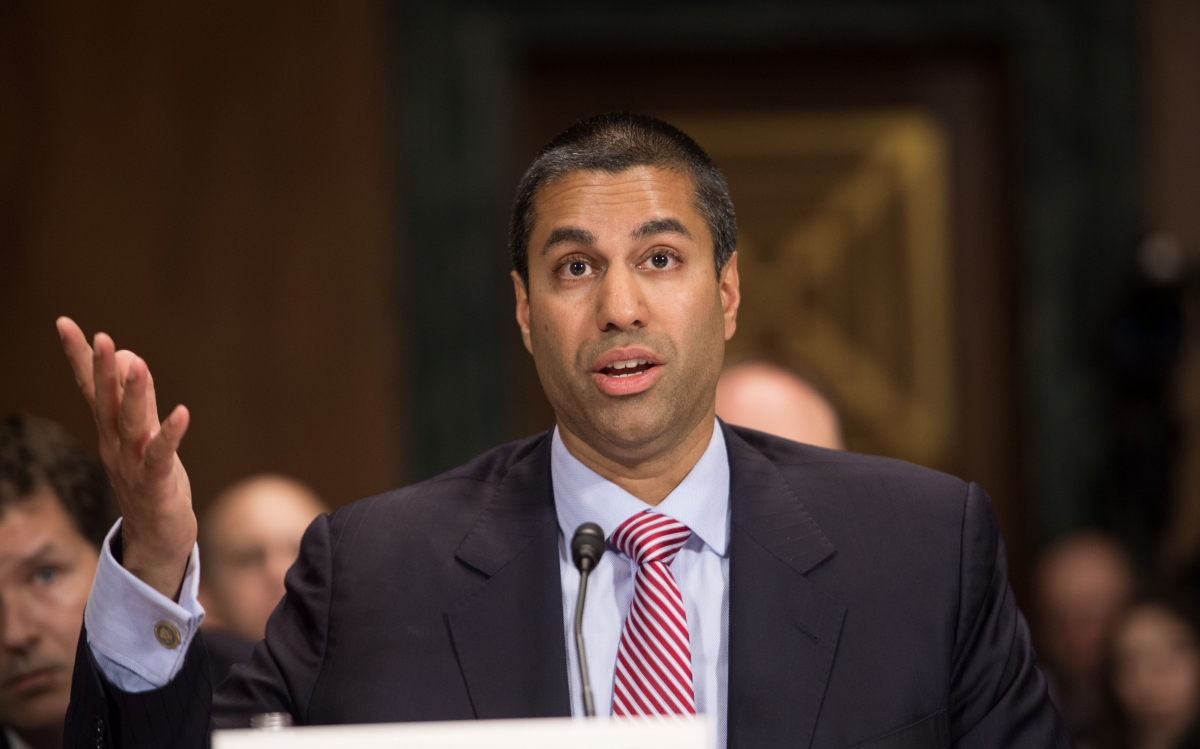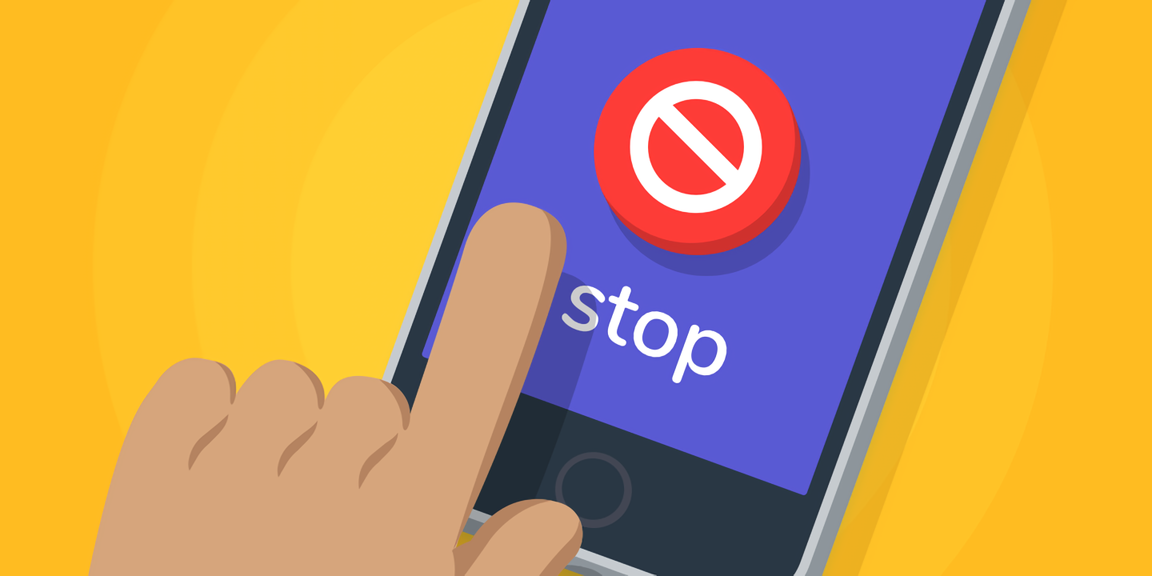The big picture: Even if the proposal gets the green light from the FCC, it'll take time for providers to develop and implement solutions. Bottom line - robocalls aren't going away anytime soon. The issue will probably get worse before it gets better.
Federal Communications Commission Chairman Ajit Pai on Wednesday circulated a declaratory ruling that could pave the way for phone companies to block robocalls by default, similar to how e-mail providers block spam.
Service providers have historically been reluctant to develop and deploy call block tools by default due to uncertainty regarding their legality under the FCC's rules. By making it clear that such call blocking is allowed, Pai said, the FCC will give service providers the certainty they've been missing.
Pai's declaratory ruling mandates that blocking should not interfere with emergency communications systems in any way. Furthermore, service providers must provide sufficient information so consumers can decide whether or not they want to remain in the program or opt out.

The FCC has committed to squashing robocalls before but the issue has only gotten worse over time. According to YouMail, a company that blocks and tracks robocalls, there were nearly 48 billion unwanted calls in the US in 2018 and an estimated 4.9 billion last month alone.
"If this decision is adopted, I strongly encourage carriers to begin providing these services by default - for free - to their current and future customers," Pai added.
The commission will consider Pai's proposal at its June 6 meeting.
